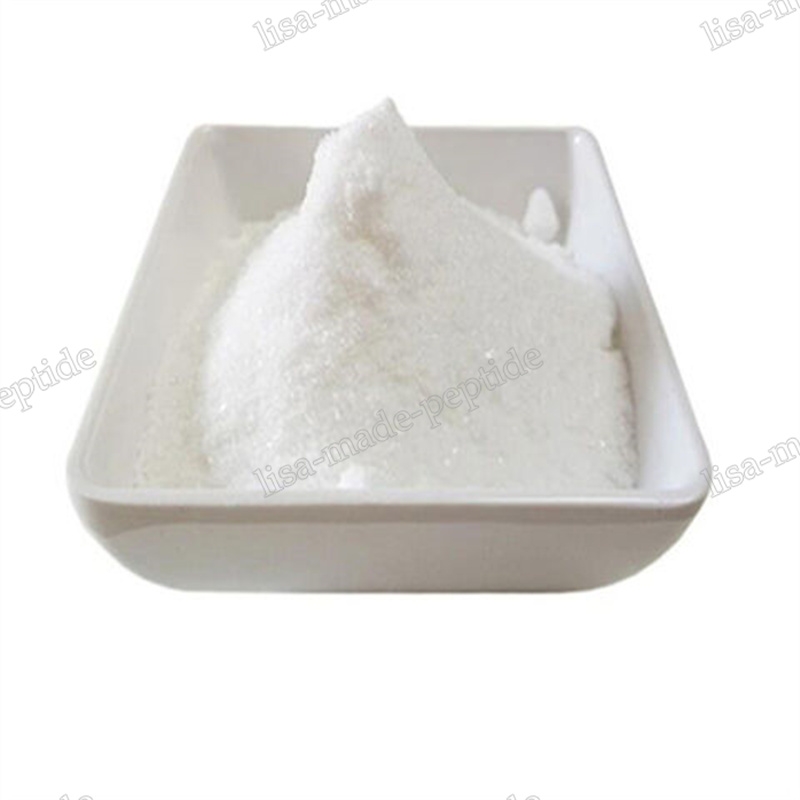-
Categories
-
Pharmaceutical Intermediates
-
Active Pharmaceutical Ingredients
-
Food Additives
- Industrial Coatings
- Agrochemicals
- Dyes and Pigments
- Surfactant
- Flavors and Fragrances
- Chemical Reagents
- Catalyst and Auxiliary
- Natural Products
- Inorganic Chemistry
-
Organic Chemistry
-
Biochemical Engineering
- Analytical Chemistry
-
Cosmetic Ingredient
- Water Treatment Chemical
-
Pharmaceutical Intermediates
Promotion
ECHEMI Mall
Wholesale
Weekly Price
Exhibition
News
-
Trade Service
Chemical machinery and equipment network star enterprise chemical machinery and equipment
It is understood that “Responsible Care” is a voluntary initiative initiated by the chemical industry in 1984 to respond to the public’s concern about the impact of chemicals on human health, safety and environmental protection, and to make public commitments to the public to improve them.
Action plans for member companies to manage responsibility in the above three aspects.
This voluntary industrial initiative has played a major role in improving the effective use of resources, reducing risks, reducing waste and protecting the quality of the environment.
Currently, the initiative has received support from chemical companies and industry associations from more than 50 countries, and has become an influential action plan in the chemical industry.
Action plans for member companies to manage responsibility in the above three aspects.
This voluntary industrial initiative has played a major role in improving the effective use of resources, reducing risks, reducing waste and protecting the quality of the environment.
Currently, the initiative has received support from chemical companies and industry associations from more than 50 countries, and has become an influential action plan in the chemical industry.
The main contents of the "Responsible Care" action include:
●Understand and respond to the public and community’s concerns about chemicals and their production;
●Strengthen the management of chemicals in production, use, transportation, storage and processing, fully consider the impact of chemicals on health, safety and the environment, and ensure that production operations meet the requirements of health, safety and the environment;
●Assist and cooperate with the government to formulate regulations and standards related to chemical health, safety and environment;
●Promptly provide the government, employees, users and the public with information on the health and environmental hazards of chemicals, and put forward suggestions on protective measures;
●Publicly release information and annual reports on the company's progress in health, safety and environment;
●Exchanging experience and cooperation in health, safety and environment among member companies.
As an important member of the China Petroleum and Chemical Industry Federation (CPCIF), the Federation of Chemical Industry Associations (ICCA) and the Chemical Manufacturers Association (AICM), BASF is one of the first to share the "responsible care" with the Chinese government and enterprises.
Idea of multinational company.
Idea of multinational company.
In 1992, BASF signed into the “Responsible Care” initiative and began to fulfill relevant commitments; in 2007, BASF launched a responsible care management system within the scope, which clearly described BASF’s active responsibility to customers, employees and the environment; in 2021 , BASF will further strengthen this commitment.
In fact, the concept of BASF's "Circular Economy Plan" is also in line with it, and its performance in the three major areas of raw material recycling, new material recycling and new business models is evident.
Taking the field of plastic machinery recycling as an example, BASF researchers have developed various plastic additive products to stabilize and improve the quality of recycled materials, so that waste plastics can be decomposed and melted into recycled materials, which can be used in the manufacture of new products.
Solutions such as compatibilizers help to strengthen the mechanical properties of polymer mixtures, thereby enhancing the mechanically recycled plastics and their products in the plastic cycle.
It not only improves the recyclability of plastics, reduces white pollution, and further protects the ecological environment, but also reflects its corporate care.
plastic robotTaking the field of plastic machinery recycling as an example, BASF researchers have developed various plastic additive products to stabilize and improve the quality of recycled materials, so that waste plastics can be decomposed and melted into recycled materials, which can be used in the manufacture of new products.
Solutions such as compatibilizers help to strengthen the mechanical properties of polymer mixtures, thereby enhancing the mechanically recycled plastics and their products in the plastic cycle.
It not only improves the recyclability of plastics, reduces white pollution, and further protects the ecological environment, but also reflects its corporate care.
This article is compiled and published by Plastic Machinery Net.
Part of the source is BASF.
If you have any infringements or objections, please contact us.
Part of the source is BASF.
If you have any infringements or objections, please contact us.
Original title: BASF renews its "Responsible Care" commitment to continuously improve its environmental, health and safety performance







